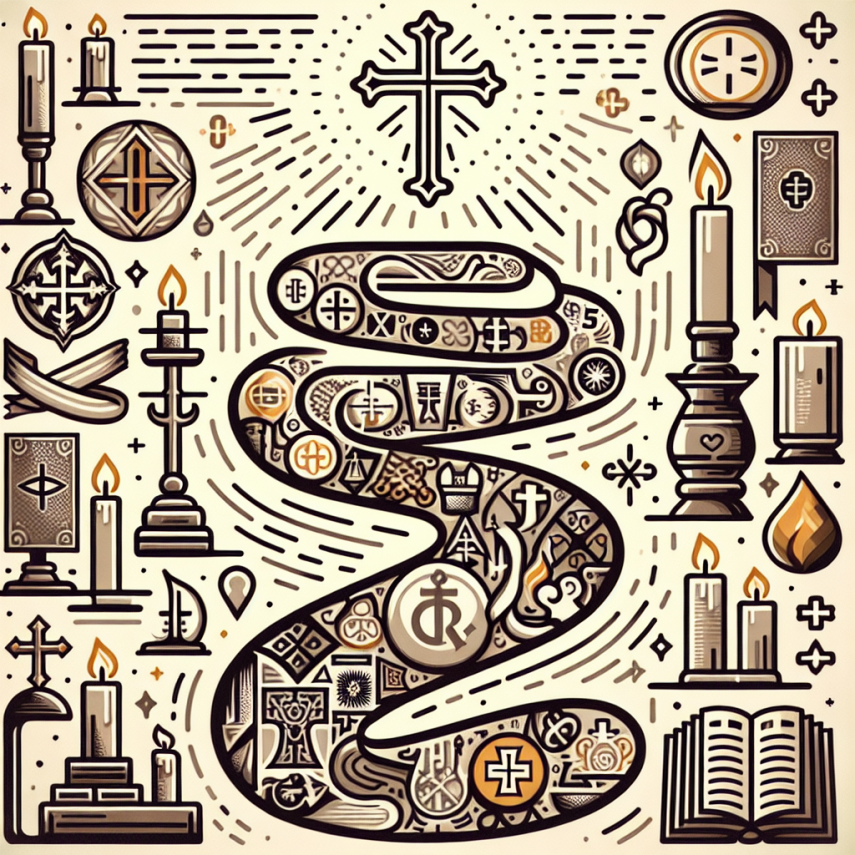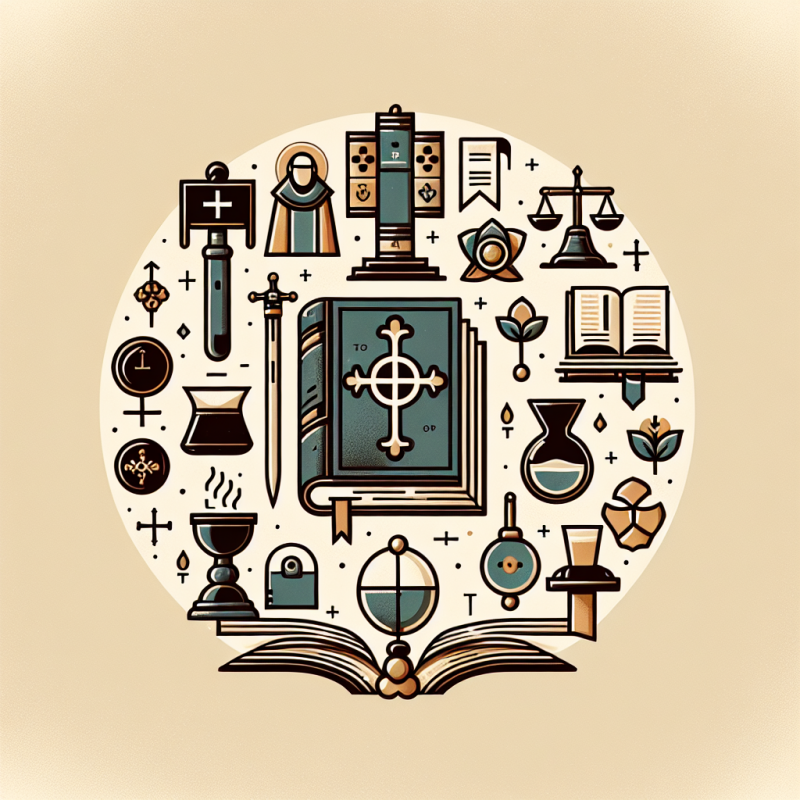Exploring the Diversity of Christian Denominations: A Journey Through History and Theology
As we tread through the intricate tapestry of Christian history and theology, the emergence and evolution of Christian denominations stand out as a testament to the faith’s rich diversity. This exploration takes us back to the roots of Christianity, examining the historical context, key figures, and the pivotal moments that have shaped the myriad expressions of Christian faith we witness today. My journey, underscored by a blend of doubt, discovery, and deepening belief, finds resonance in the diverse theological landscapes of these denominations, each offering unique perspectives on the profound truths of our faith.
The Roots of Denominational Diversity
The seeds of denominational diversity were sown in the early Christian community’s attempts to understand the teachings of Jesus Christ and the apostles. Differences in interpretation, cultural adaptations, and geographical spread led to the formation of distinct traditions within the universal Church. The Great Schism of 1054, which led to the separation between the Roman Catholic Church and the Eastern Orthodox Church, and the Protestant Reformation of the 16th century, are pivotal moments that significantly expanded the denominational landscape.
<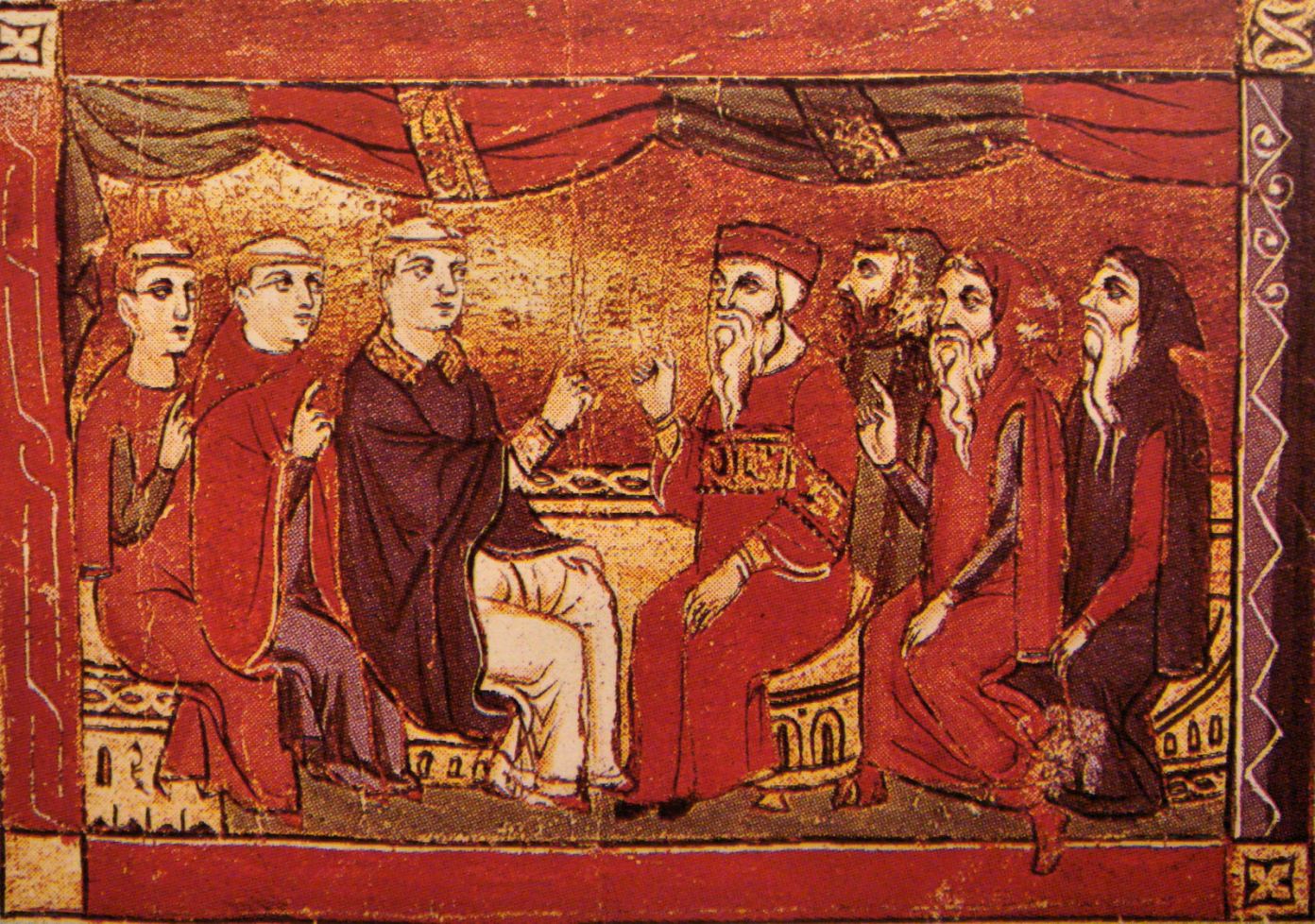 >
>
Examining Key Denominations
- Roman Catholicism – Grounded in the apostolic succession and the authority of the Pope, Roman Catholicism has played a crucial role in shaping Christian theology and church governance.
- Eastern Orthodoxy – With its roots in the Eastern Roman Empire, the Orthodox Church emphasizes the continuity of the faith once delivered to the saints, expressed through its liturgy and traditions.
- Protestantism – Emerging from the Reformation, Protestant denominations such as Lutheranism, Calvinism, Anglicanism, and Methodism, emphasize the authority of Scripture and justification by faith.
<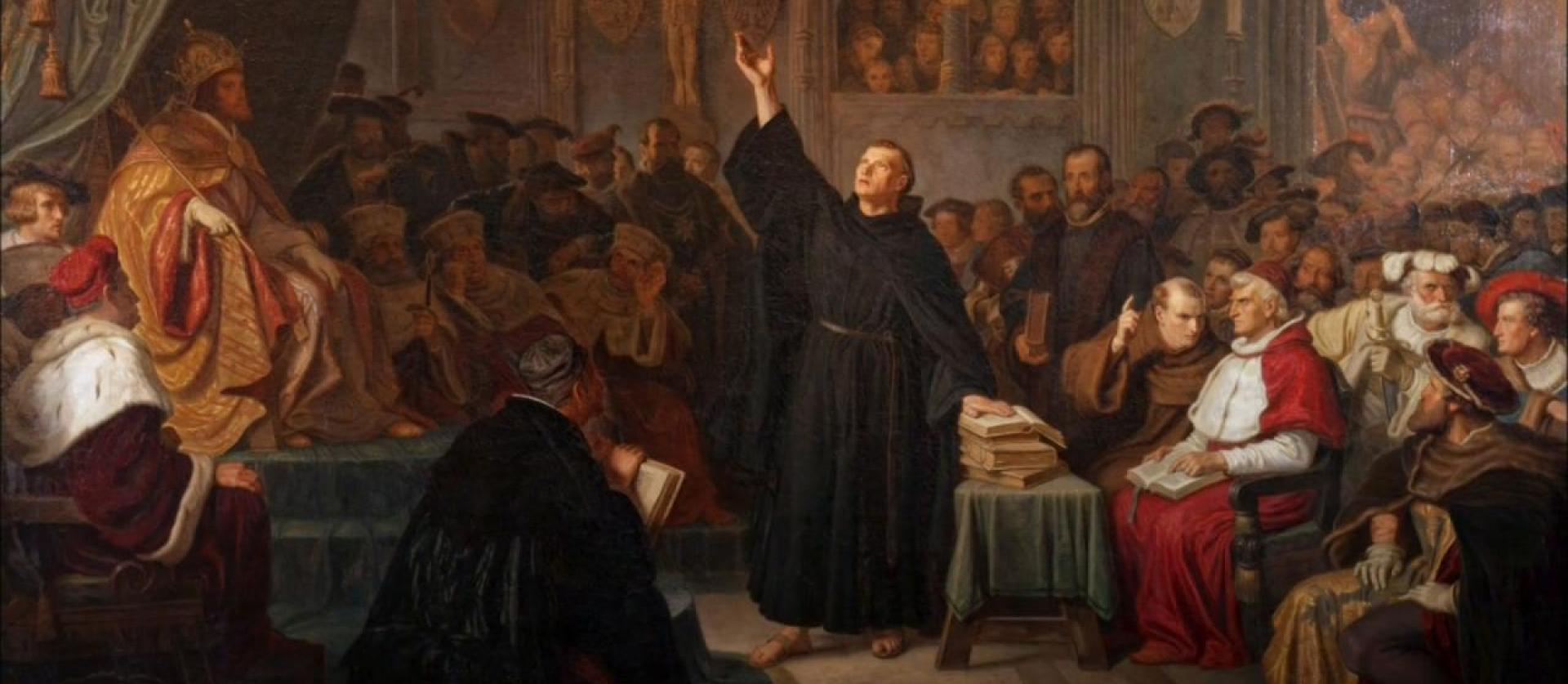 >
>
Theological Implications and Practices
The diversity among Christian denominations is not just historical but deeply theological. Each tradition brings forward its understanding of core Christian doctrines such as salvation, the nature of the Church, sacraments, and biblical interpretation. For instance, the concept of justification by faith alone was a significant theological turning point during the Reformation, contrasting sharply with the Catholic emphasis on faith exemplified through works.
Personal Reflections on Diversity in Faith
Walking through the landscapes of Hawaii, my search for a personal connection with God was enriched by encountering believers from various traditions. This diversity, rather than sowing confusion, offered a kaleidoscope through which the richness of Christian faith shone brightly. Engaging with different denominational teachings has deepened my understanding and appreciation for the vastness of God’s family. It reminds me of the Apostle Paul’s words in 1 Corinthians 12:12, “For just as the body is one and has many members, and all the members of the body, though many, are one body, so it is with Christ.”
<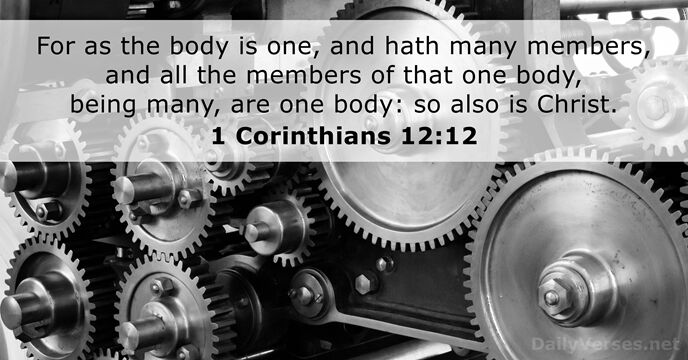 >
>
Contemporary Relevance and Unity
In today’s world, the presence of various Christian denominations invites us into a broader conversation about faith, theology, and practice. By engaging with our brothers and sisters from different traditions, we witness the wealth of perspectives that enhance our collective understanding and mission in the world. This diversity should not lead to division but rather inspire unity in diversity, as we seek to embody Christ’s love and message in a fractured world.
Further Exploration
For those intrigued by the historical and theological richness of Christian denominations, numerous resources are available. Works like “Church History in Plain Language” by Bruce Shelley and “The Story of Christianity” by Justo L. González offer accessible introductions to the sweeping saga of our faith. Additionally, engaging with local communities from different traditions can provide invaluable firsthand experiences of the denominational mosaic.
In conclusion, the journey through the history and theology of Christian denominations is not merely an academic exercise; it is a pilgrimage toward understanding the breadth and depth of our collective faith. As we explore, let us remain open to the lessons of history, the insights of theology, and the movement of the Spirit, guiding us toward deeper faith and greater unity.
Focus Keyphrase: Christian Denominations
